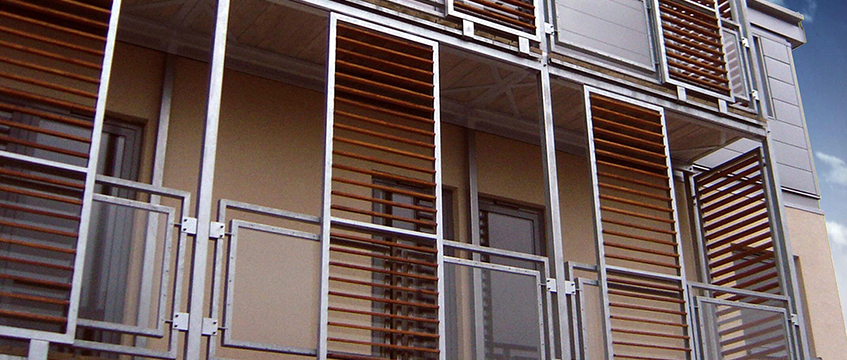COMMENT The shortcomings of the UK housing market are well-documented. Outside London there is a plentiful supply of land for housebuilding, but unit supply levels are failing to meet market demand. In addition the affordability of quality housing remains a real issue for many.
As a response to the sluggish supply of private housing, the government recently launched the 2017 Housing White Paper which, among a raft of measures, identifies the adoption of modern methods of construction (MMC) as one of the solutions to the housing challenge.
Over the past 12 months there have been some high-profile entrants to the MMC market, with Legal & General grabbing the headlines recently. There are also a number of established businesses running with more specialist MMC. But, to date, modular builds have largely been restricted to “unitised” buildings such as hotels, student accommodation and hospitals.
As a housing solution, MMC has its advantages. Advocates say a modular constructed house requires much less than half the build-time of a conventional masonry house and is also far less labour and management intensive. These factors come together to make modular housing 10-20% more cost effective to produce than traditional bricks and mortar methods.
MMC may also provide a solution to the pending, and well-documented, skills shortage. Currently, housebuilding relies on a large number of skilled tradespeople, many of whom are nearing retirement age. The very nature of modular housing means there is less demand for skilled labour.
Despite such strong selling points, the adoption of modular housing has been slow.
The start-up costs associated with establishing offsite factories are a factor. MMC requires considerable investment. Although housebuilders recognise the time saved on the build, evidence suggests there are little to no cost savings once investment costs have been factored in.
Housebuilding is a sector where traditional approaches endure. Housebuilders have been trading very well and do not see the need to disturb a successful model. They have settled workforces and/or subcontractors, and are loathe to expose themselves to potentially deeper third-party risk as represented by the MMC supplier.
Many of the existing players consider themselves housebuilders and, quite rightly, view the running of a factory as a manufacturing skill set.
However, if the UK is to tackle the looming housing time bomb, a solution is needed. In an age of endless technological advancements, modular housing could well be the innovation the housing market needs to rebalance demand and supply. What is clear is that for modular housing to really take hold, a change of approach is needed.
Governments (central, local and devolved) have a big role to play in encouraging deeper adoption of modular housing. Greater procurement of MMC-based housing would add to scale and support ongoing innovation in the sector.
Funders also have a part to play. In order to support the large investment costs associated with MMC, secured funders need to become more flexible in understanding that much of the value they fund will be off-site, and thus loosen control. If modular construction really takes hold the work in progress will no doubt reduce as will the need for funding.
The future of modular housing relies heavily on the early adopters, who have already made big investments in factory production. If they can get the execution right and deliver quality housing that the public are willing to buy at cheaper costs, then wider replication will surely follow.
Hugh Taylor is head of housing, HSBC











